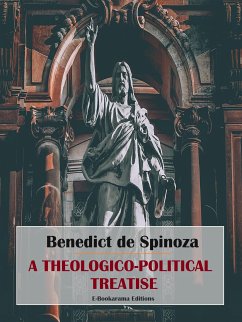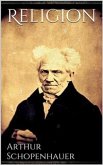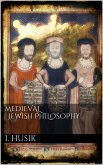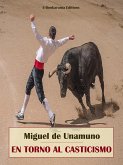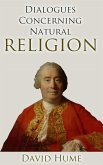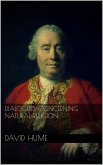"A Theologico-Political Treatise" is a work by the Dutch philosopher Benedict de Spinoza. Spinoza knew that his work would attract unwanted criticism and censorship, so he published it anonymously in 1670 and the publisher also used an alias. In addition, the work was written in New Latin, not Dutch, so that the government would not censor it. In "A Theologico-Political Treatise", Spinoza writes his most organised and extensive criticism of Judaism and all religion in general.
Spinoza believes that theology and philosophy must be separate, and not even religion and the reading of scripture can combine the two. While theology breeds obedience, philosophy encourages seeking rational truth. Therefore, since the scripture (the holy word for a religion) is can’t be both, then either the meaning will be distorted or people cannot be forced to conform to it. As a result, the meaning of scripture will darken because of the prejudices of people of that religion that came before. This work was a defence that was published before another work, "Ethics", which was published after Spinoza died in 1677.
One of the most original and penetrating philosophers of all time, Spinoza is also one of the clearest and easiest to understand. His works constitute an important adjunct to understanding Goethe, Hegel, Schelling, Coleridge, Whitehead, Schopenhauer, Wittgenstein, and other writers who were influenced by his thinking. Spinoza's works retain an endless wealth of lucidly expressed and deeply profound analyses of such concepts as God, the universe, pantheism, the role of society, revealed religion, the state, democracy, the mind, the emotions, freedom, and human nature.
Spinoza believes that theology and philosophy must be separate, and not even religion and the reading of scripture can combine the two. While theology breeds obedience, philosophy encourages seeking rational truth. Therefore, since the scripture (the holy word for a religion) is can’t be both, then either the meaning will be distorted or people cannot be forced to conform to it. As a result, the meaning of scripture will darken because of the prejudices of people of that religion that came before. This work was a defence that was published before another work, "Ethics", which was published after Spinoza died in 1677.
One of the most original and penetrating philosophers of all time, Spinoza is also one of the clearest and easiest to understand. His works constitute an important adjunct to understanding Goethe, Hegel, Schelling, Coleridge, Whitehead, Schopenhauer, Wittgenstein, and other writers who were influenced by his thinking. Spinoza's works retain an endless wealth of lucidly expressed and deeply profound analyses of such concepts as God, the universe, pantheism, the role of society, revealed religion, the state, democracy, the mind, the emotions, freedom, and human nature.

